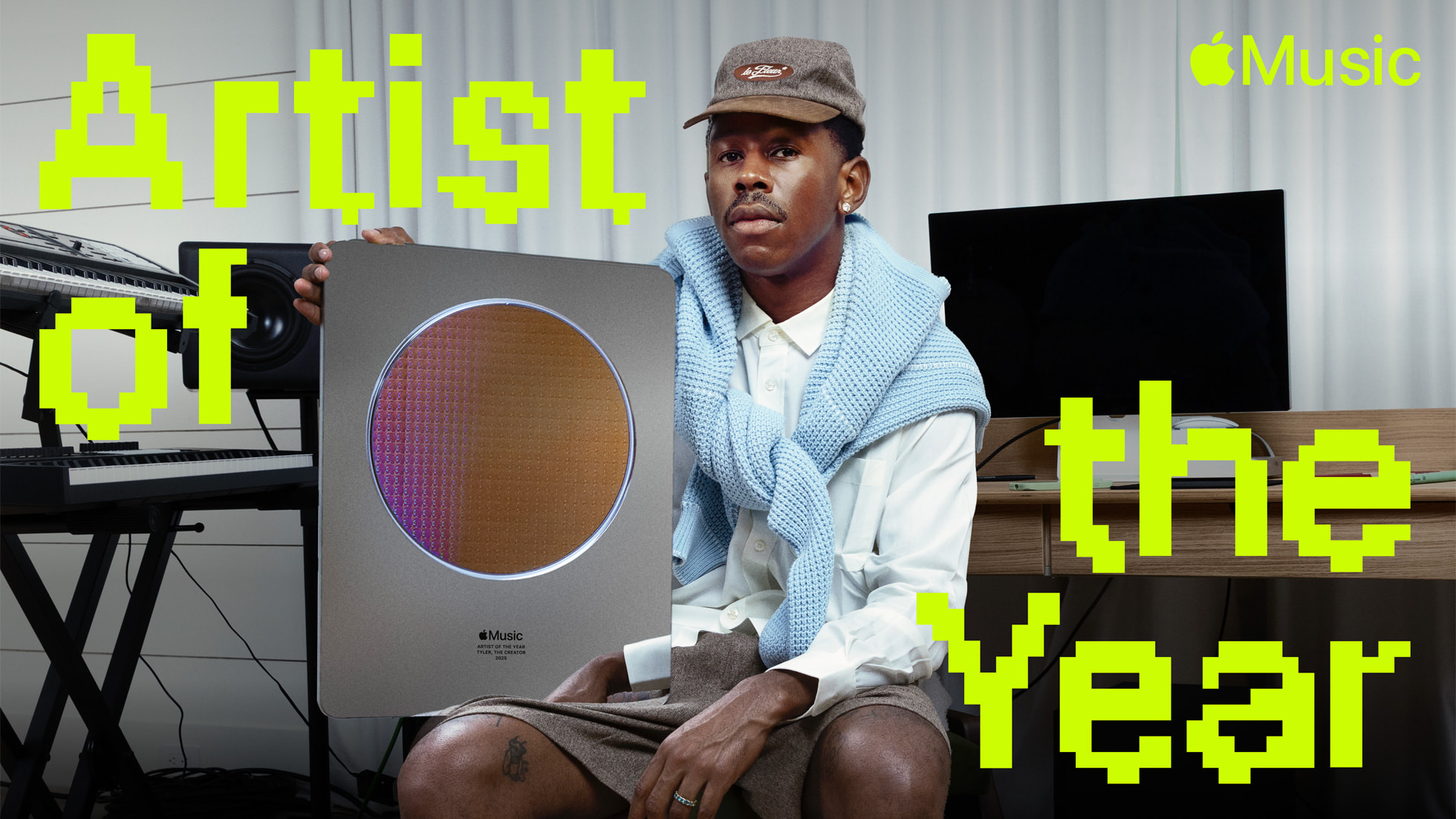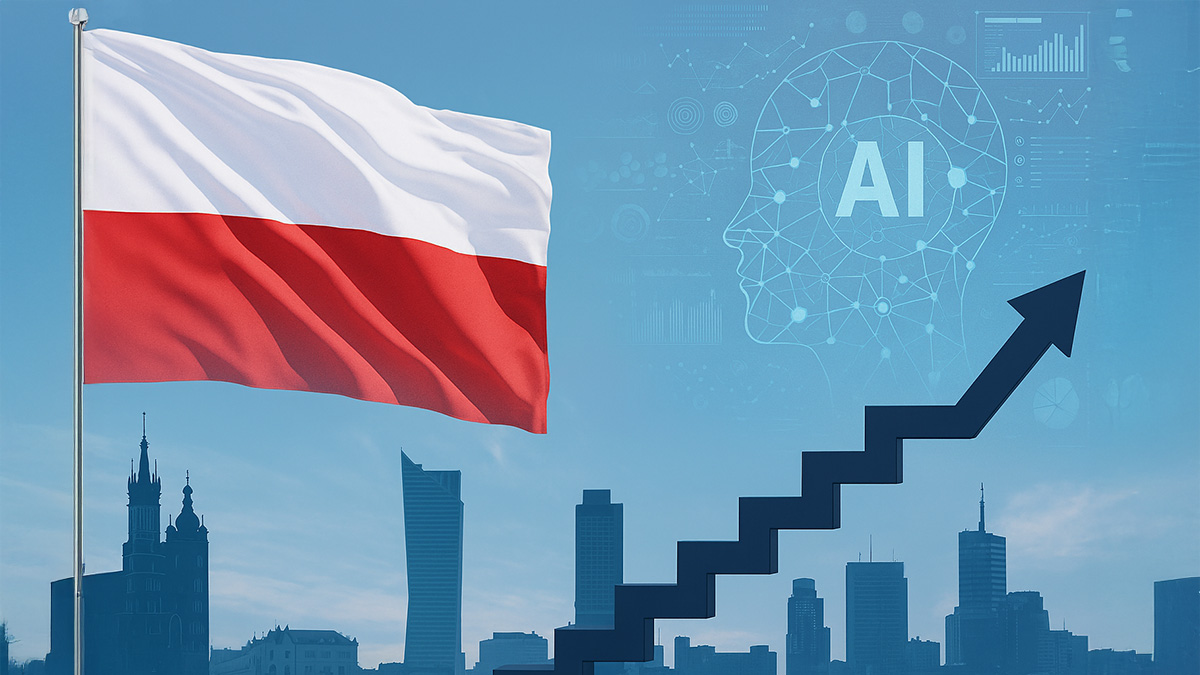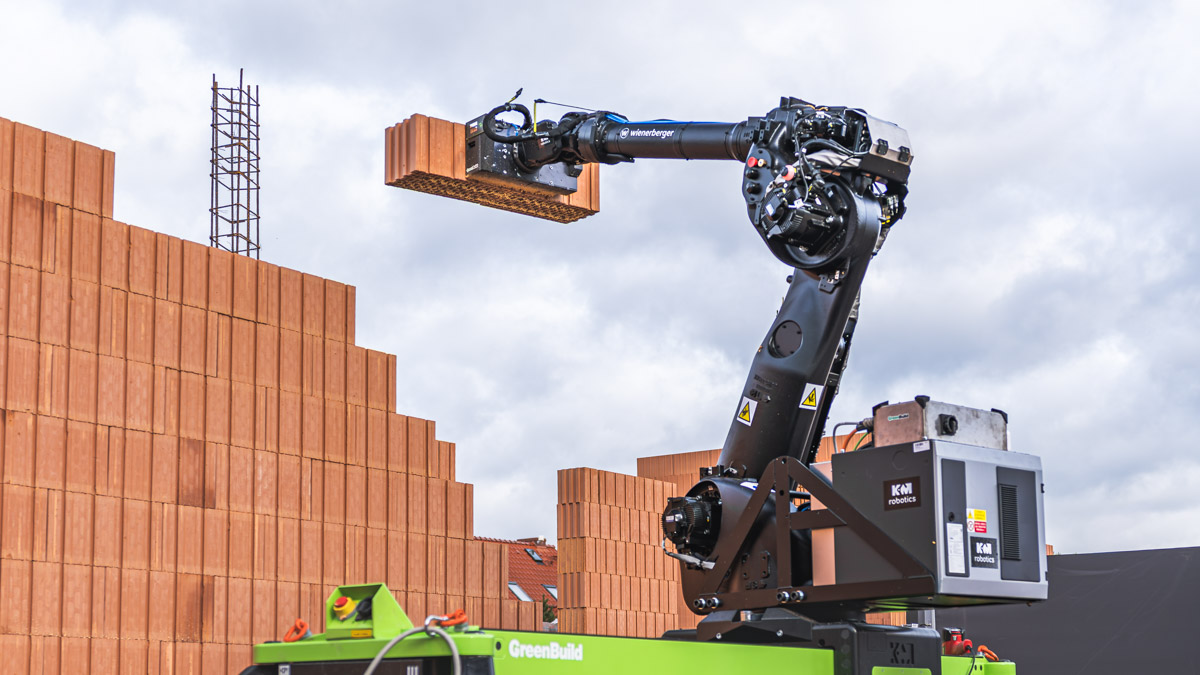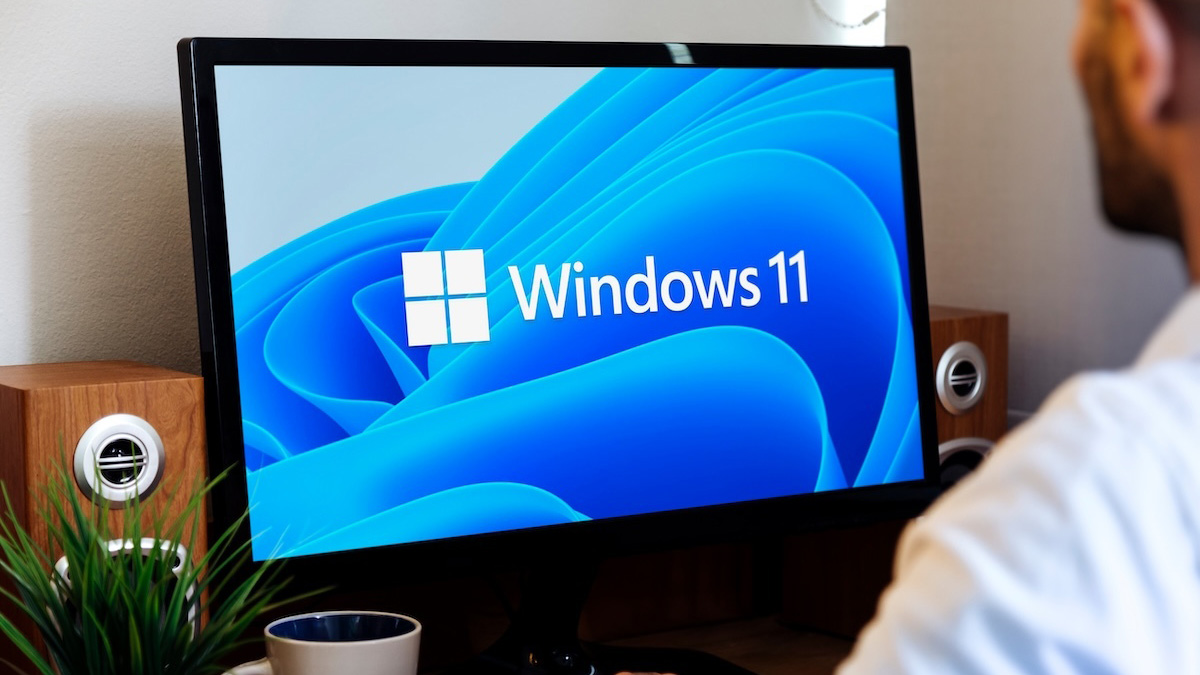For 25 years, Sarah Seager has traversed the world of data management, analytics, statistics, bioinformatics and data science, and is now cementing her analytics career in more general management and leadership of Data Science teams. We talk to her about her career path and the opportunities that working with data offers.
POLSKA WERSJA
Hi, nice to meet you Your professional track record is really impressive! Can you tell us about your beginnings in the sector?

My journey isn’t the usual story that you might expect of any data and tech professional. Over 25 years ago, I had just finished art college and was trying to decide what specialism of art to go into but whilst I was deciding I had come to the conclusion that I should get a full time job to support my artistic creativity. I knew I was always a technical person who loved coding, computers, gaming, gadgets, etc so found a local job doing data input for a hospital market research company. I started on the bottom rung of the ladder – inputting numbers into a very archaic record system for 8 hours every day inducing RSI of the wrist, but then quickly moved up into the world of analytics – trying to understand what those numbers meant and how they could be used. And from then onwards, my world of healthcare analytics ballooned. Fast forward 25+ years, I’ve traversed the world of data management, analytics, statistics, bioinformatics and data science and am now cementing my analytical career into more general management and the leadership of the next inspiring data science teams and technical wizards.
You have many years of experience working in the UK healthcare sector, specializing in analytics, statistics and medical informatics. What was the industry like when you started working there? How much has Data Science changed over the course of your career?
The UK healthcare sector, like any sector dealing with data all had the same issues. Access to data was and is still a big hurdle. Adhering to governance and protection policies hasn’t changed either. There may have been less of them back then but then there wasn’t as much rich data as there is now either. Data science has changed significantly over my career – with more opportunity to write more complicated algorithms to interrogate and predict but my most favourite topic is that of data visualisation. Presenting one’s analytical findings through captivating and easy to understand visuals means that more people can understand the true power of data, maths and statistics as a whole. A couple of decades ago, you had to employ a statistician to interpret data and results for you but now with todays technology and applications that are available, even those with no coding or data science experience are able to manipulate data to answer their data related questions.
You also worked for the NHS, the Department of Health, the General Medical Council. What were you in charge of at that time? What activities were you responsible for?
My roles in the NHS, Department of Health and General Medical Council were all highly analytical and statistical based. In the NHS, where I worked within Public Health for 10 years, I was analysing multiple healthcare datasets to inform health needs assessments, drive public health campaigns on particular issues and also the tracking of many NHS targets that monitored patient access, uptake of services, etc. Both my roles in the NHS and Department of Health were all patient data focused, however in the General Medical Council was very different. This time the data I was dealing with was all about the medical practitioners. Where did they work? What were their specialties? What medical qualifications did they have? What sanctions, etc? It was a different angle to healthcare data and it gave me the opportunity to see how the wider healthcare sector worked.
What are you currently involved in? How did you get to where you are now?
I now work in the life sciences industry and for a global company called IQVIA. I have been here for 4.5 years and am responsible for a global team of data scientists, epidemiologists and project and product managers who are leveraging global databases that have been standardised to a common data model known as OMOP, which means we can conduct global research across multiple countries in no time at all. I started here at IQVIA as an Associate Director, building the data science function and essentially trying to create a well-oiled analytical engine to answer the industry’s healthcare and life science research questions. This ranges from analysing the burden of a disease across populations to understanding the treatment pathway of a particular drug therapy. Over the 4.5 years I have been here at IQVIA, I have had the amazing opportunities to step up into more leadership roles – still within the same team, but with a stronger purpose each time to do more – to expand our capabilities as a team, to drive more business, to develop the team as experts but more importantly to empower those that work with and alongside me.
What does working at IQVIA look like from the perspective of a female leader?
Working at IQVIA as a female leader is so rewarding. I’ve had so much support and encouragement to be able to develop my career from Associate Director to Director and then to Senior Director and I truly believe I would not have been able to do that without the organisations support in empowering individuals to be their true self. At IQVIA we have amazing Employee Resource Groups (ERGs) and one of them is our Women Inspired Network which I now co-chair for UK & Ireland. WIN aims to.WIN aims to foster a diverse and inclusive corporate culture that inspires women to exchange thoughts and experiences to excel in their careers at IQVIA and beyond. Through IQVIA’s corporate partnership with organisations like the Healthcare Businesswomen’s Association, it means that employees can truly get involved in external networks also to help enhance their careers and connections. IQVIA has a long standing mentorship programme also and as a successful story as having been a mentee to on this programme, I also like to give back and offer my time as a mentor.
What professional achievements are you particularly proud of?
I have so many professional achievements its hard to choose just one. But I think in all honesty though, my biggest achievement is showing that anyone can truly pursue an entirely different career path than first anticipated and be 100% successful. I honestly thought I was always going to be an artist from a young age. I was good at it. I still am. If you had told me as an art student whilst covered head to toe in acrylic paint and the powder from my worn pastels, that I would become a Senior Leader in Analytics and AI in the healthcare space, I would not have believed you. That being said, I’ve always been of the mindset, if you truly want to try something – just go for it. Don’t let anything hold you back. Doesn’t matter how long it takes or how winding the road may be, just go for it and with sheer drive and determination you will succeed. Passion drives a lot.
How do you share your knowledge with others?
There are a lot of different avenues to share knowledge with people and in my current role I can do this in many ways. I like to speak and talk about my journey and experiences at some of our WIN events or on webinars and even recently, as part of my position as co-Chair of WIN, we worked with a local charity to help bring in a small group of teenage girls to visit the London office to give them the opportunity to see the inside workings of a large corporate company but also to have the opportunity to talk to professionals about their own journey. I like to give back by being part of the IQVIA mentor programme too and its great to see lots of young talent coming up through the organisation and the industry as a whole. A big piece advice I would like to give everyone, is grow your networks. Grown them both within your job and outside. There are so many data and tech networks, meetups, forums – find something that suits you. One of the networks I’m a member of is the Healthcare Businesswomens Association. Here I get to mingle with individuals I would never normally meet in my day to day job and get to attend some great events that help to empower and build the next leaders in healthcare. Also, give back! Share your knowledge! I like to give back by volunteering my time not only in IQVIA’s WIN UK&Ireland chapter but I also volunteer on the HBA Programming team for the HBA London chapter where we work put on informative events and networking opportunities for all of our members.
How would you encourage young girls to follow your path?
My advice is to simply follow your dreams. Find your true north and set a course. Everyones path is different. Yes, there maybe a common path for particular roles but there is no rule book. If you have drive and passion and an inquisitive mind, you can achieve whatever you want. Work hard for it and those results will come in. Find strong and empowering people to support you all the way. Go on as many courses as you can. Find your path and then read about it, learn about it, practise it then preach it.
Finally, let’s talk about an event that IQVIA recently attended – the Women in Tech Summit. Will you share your impressions of the event? Why is it important to participate in such events?
It was my first time attending the Women in Tech Summit and my first impressions were simply wow! It was absolutely huge and with a constant traffic of people coming to our IQVIA booth meant it was an action packed two days of chatting, laughing and educating about the variety of openings and opportunities we have in the organisation.
The event was also full of inspiring talks and panel discussions and covered everything from finding your next role to becoming the next leader to how AI will truly shape our futures.
If you are looking for a specific role or even wanting to find out about organisations or a new industry for the first time then it’s so important to participate at these events as you have everything under one roof. Where else would you find multiple industries in one place? It’s also the perfect opportunity to meet new people and build networks. And like any good event, there’s plenty of free swag!
Sarah Seager. Senior Director of A&AI, Clinical & HEOR for IQVIA. She leads the OMOP Productised Analytics service which specialises in the design and execution of observational analytical research using IQVIA’s converted OMOP data assets. It is also her mission to increase both her and her team’s presence within the OHDSI community, contributing both technical expertise as well as knowledge sharing.
Wszystko, o czym za mało mówi się w branży IT.
Prosto na Twoją skrzynkę.









